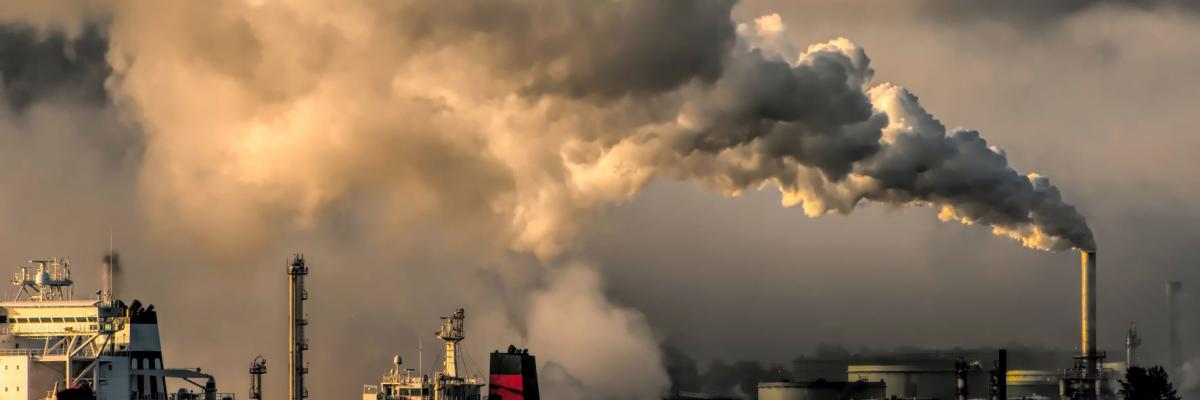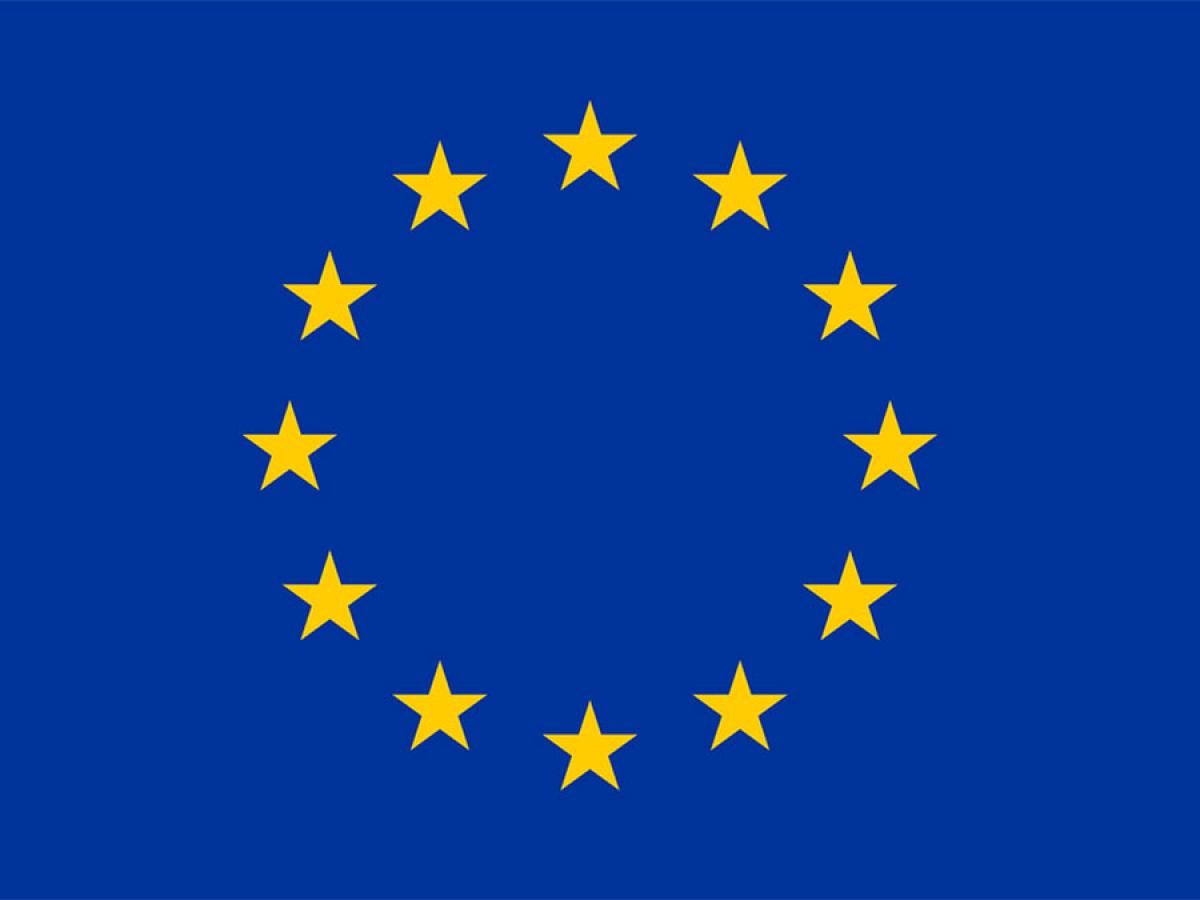Improving border adjustment mechanisms

As the Paris Agreement allows each party to determine how and how fast they will seek to reduce greenhouse-gas emissions, the EU is proposing to introduce a“carbon border adjustment mechanism”, or CBAM as it is commonly called.
The proposed mechanism seeks to prevent the leakage of jobs and investment to nations pursuing a less ambitious emission reduction pathway.
The EU is committed to a 55% reduction in emissions when measured against a 1990 benchmark and net-zero emissions by 2050. In addition, it wishes to transition from the making of so-called “free allocations” to industry participants in its emissions trading system to one that requires producers to purchase 100% of emissions certificates. The phase out of free allocations will commence in 2026 and be completed by 2036.
The EU’s proposed CBAM seeks to keep the greenhouse gas emission price signal for imported and locally produced goods in lockstep with one another. This will be achieved by requiring the importers of greenhouse gas-intensive products to pay a charge equivalent to the cost of the proportion of emission certificates that would have had to be purchased if the product had been produced within the EU.
However, the EU’s CBAM poses tensions at the multilateral level, and may be challenged by those who claim it breaches WTO commitments. Despite several attempts and significant progress, broad agreement on the most appropriate way to manage conflicts between international trade and environmental issues has yet to emerge. Consequently, this paper begins with a search for a set of principles to guide the use of border adjustment mechanisms to ameliorate global environmental problems.
One might think of these principles as propositions that might find their way into a zero draft of an agreement prepared by a club of WTO members in an attempt to expedite progress in the resolution of one or more global environmental problems.
Author: Mike Young is an Emeritus Professor in Energy, Water and Environmental Policy at the University of Adelaide and was the Founding Executive Director of its Environment Institute.

With the support of the Erasmus+ Programme of the European Union.
The European Commission’s support for the production of any publications or studies does not constitute an endorsement of the contents, which reflect the views only of the authors, and the Commission cannot be held responsible for any use which may be made of the information contained therein.
This work is licensed under Commons Attribution-NonCommercial-NoDerivatives 4.0 International License.
IIT is a global leader in researching, analysing and commenting on International Trade.
Stay informed about our up-and-coming seminars, events, publications, awards, new projects and collaborations, and other exciting news.
